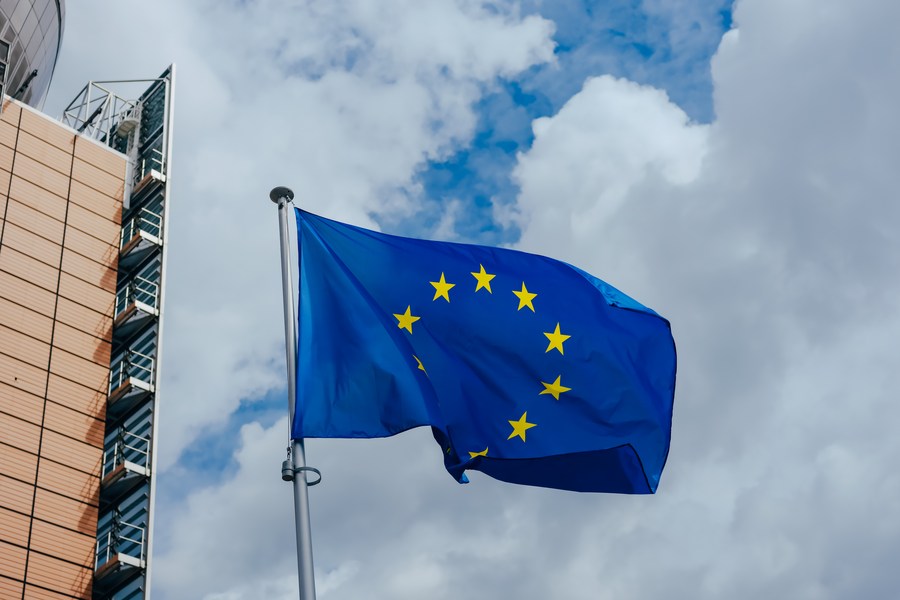EU should not give platform to 'Taiwan independence' separatists


The European Parliament has made a wrong move by allowing leading "Taiwan independence" figures such as Hsiao Bi-khim to engage in separatist activities at the so-called annual meeting of the "Inter-Parliamentary Alliance on China", held at the Parliament building in Brussels on Friday.
The meeting was not about "dialogue" or "diplomacy", but an overt attempt to use the European Union's parliamentary stage to interfere in China's internal affairs under the pretext of "democracy" and "freedom".
Taiwan is an inalienable part of China. No amount of sensationalism can change that fact. The Taiwan question concerns China's sovereignty and territorial integrity. It lies at the heart of China's core interests. The one-China principle is a universal consensus of the international community and a basic norm governing international relations, as well as the prerequisite and foundation for the establishment and development of diplomatic relations between China and the EU.
Far from being a neutral organization, the IPAC is an anti-China platform funded and manipulated by some hawkish politicians and entities in the US, as well as the secessionist-minded Democratic Progressive Party authorities in Taiwan, through some so-called foundations. Its objective is to coordinate anti-China narratives across national legislatures, distort China's policies, and provoke confrontation. That such an organization was allowed to use the European Parliament's facilities for separatist purposes exposes the political hypocrisy and shortsightedness of certain politicians of the European Parliament.
The EU has repeatedly made commitments to adhere to the one-China principle. However, allowing "Taiwan independence" elements a stage on which to conduct separatist activities sends the wrong message and emboldens forces that seek to split China.
Beijing once again solemnly urges Brussels to respect China's core interests and take practical actions to safeguard the overall picture of China-EU relations. It should abide by the one-China principle and stop backing and encouraging "Taiwan independence" separatist forces.
Hsiao's remarks at the event further illustrate the desperation of the DPP authorities. She tried to link the Taiwan question with the Ukraine crisis, and even cited the Chinese mainland's justified export control measures on rare earths as a pretext to win sympathy from European politicians.
Such manipulative rhetoric shows how far the DPP authorities are willing to go to mislead international opinion and recruit support for their doomed secessionist agenda. Equally absurd is Hsiao's attempt to politicize normal trade and industrial policies, calling on the EU to decouple from the world's second-largest economy. China's rare earth export control measures are legitimate, transparent and fully compliant with international rules. They serve the lawful purpose of safeguarding national security and sustainable development. Trying to twist these into "economic coercion" or a "threat to democracy" only exposes the DPP authorities' continued efforts to distort the truth for political gain. If relevant politicians in Europe truly care about peace and stability, they should focus on promoting mutual respect and cooperation rather than giving platforms to separatists.
"Taiwan independence" is a dead end. No matter how loudly separatists such as Hsiao shout in Brussels or elsewhere, their attempts to split China will never succeed. The historical and legal facts on Taiwan's status are unchangeable, and the determination of the Chinese people to defend national sovereignty and territorial integrity is unwavering. The European side should be wise enough not to stand on the wrong side of history.
The EU should take concrete measures to eliminate the negative impact of this incident, and take practical actions to respect and support China's core interests, so as to safeguard the overall picture of China-EU relations.
































